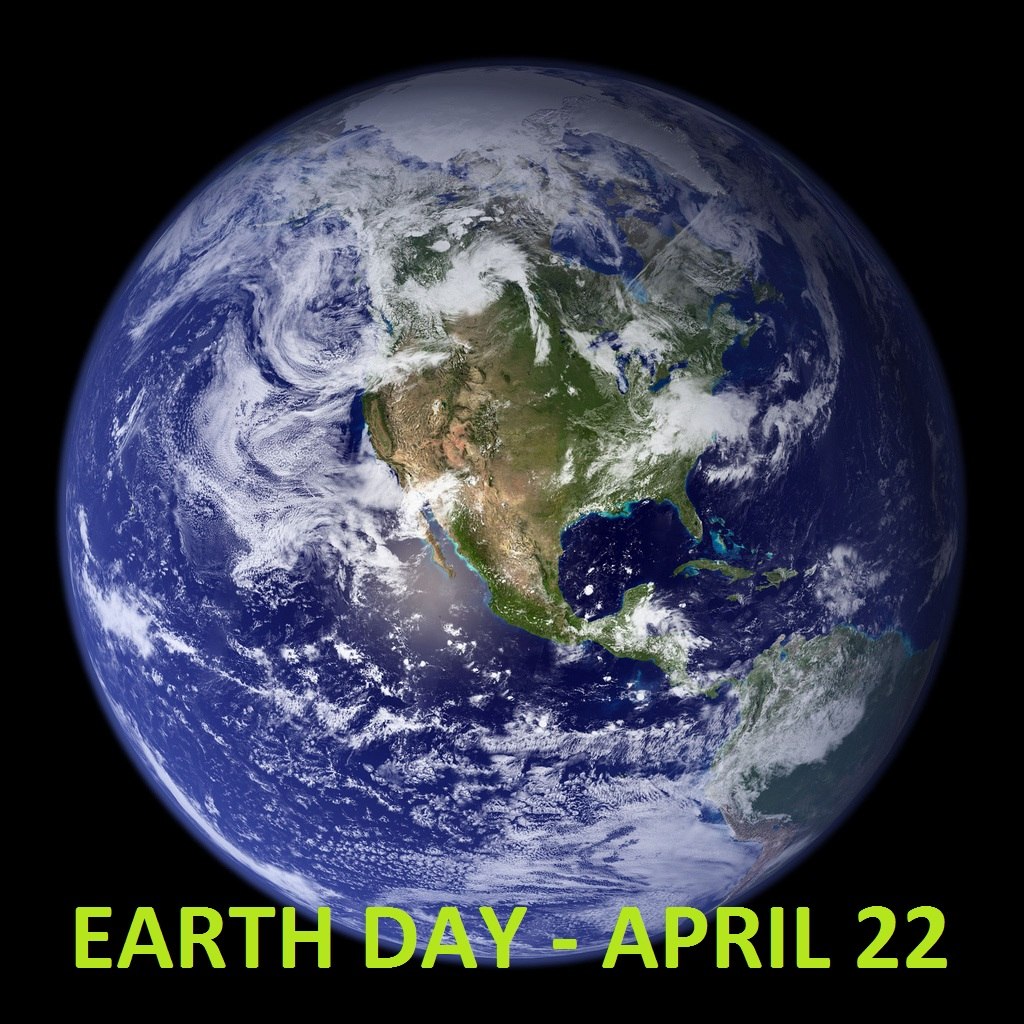Earth Day
Looking for ways to engage your high school or middle school students in environmental issues and the climate crisis? Here are our latest lessons and teaching ideas - good for Earth Day, Earth Week, or any week.

Students analyze and discuss photos to learn about the impact of climate change, resilience, and the climate justice movement.
Students consider three numbers: the Obama administration's newly announced target for cutting greenhouse gas emissions; the target scientists advise; and the zero target called for by many conservatives.
Scientists are getting more specific about the pace of climate change, warning that we have very little time left to stop it. Activists are pursuing divestment movements and boycotts. In this activity, students read about these efforts and plan their own climate-saving action.
Students consider American consumption of fossil fuels like coal, oil and natural gas; learn about new methods of extracting these fuels; and discuss their pros & cons.
After viewing a short video clip, students consider the effect all our waste has on the environment and develop a 'reduce, reuse, recyle' action plan.
With the help of a short video clip, students explore the 'life cycle' of a plastic bag and develop a 'reduce, reuse, recycle' action plan.
Includes additional action opportunities and also lists useful websites. A relatively new one is the Alliance for Climate Protection, an organization founded last year by Al Gore: www.climateprotect.org
A student reading explores why gas prices are rising. A Document-Based Question has students consider competing views on what to do about it.
Most Americans are "energy illiterate." These lessons for high school students promote energy literacy, especially about oil. We begin with a student energy quiz, followed by three readings and suggested classroom activities.
High school students consider concepts of "environmental racism" and "environmental (in)justice" and view and discuss an online clip about the dumping of electronics. Homework assignments suggest further study of this issue and the Gulf Spill anniversary.